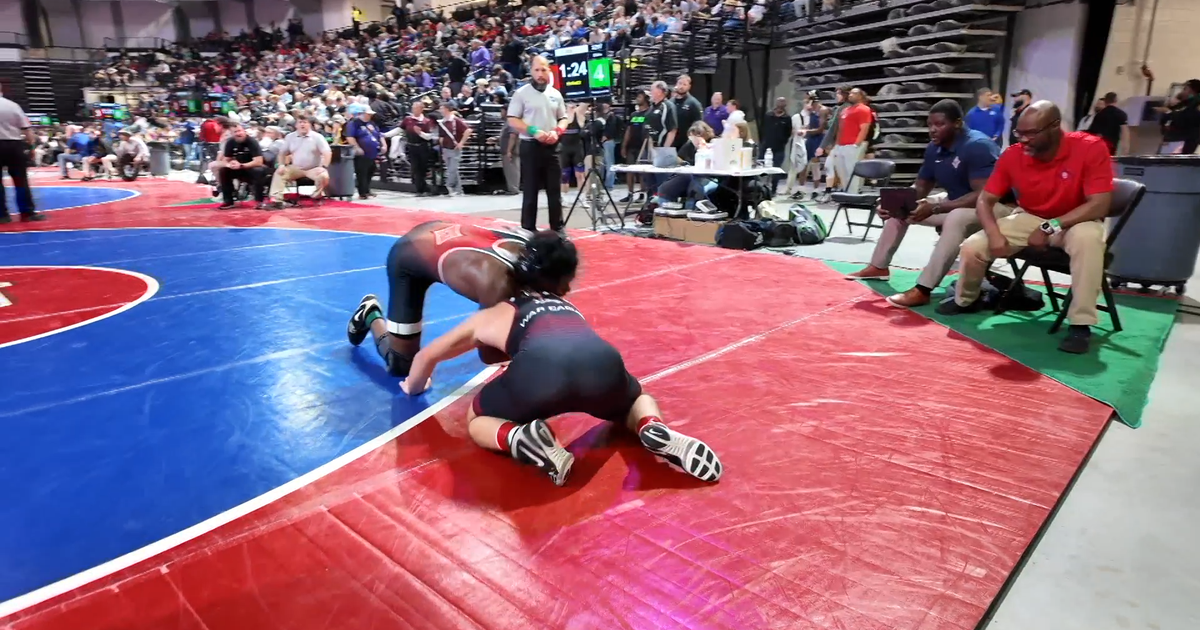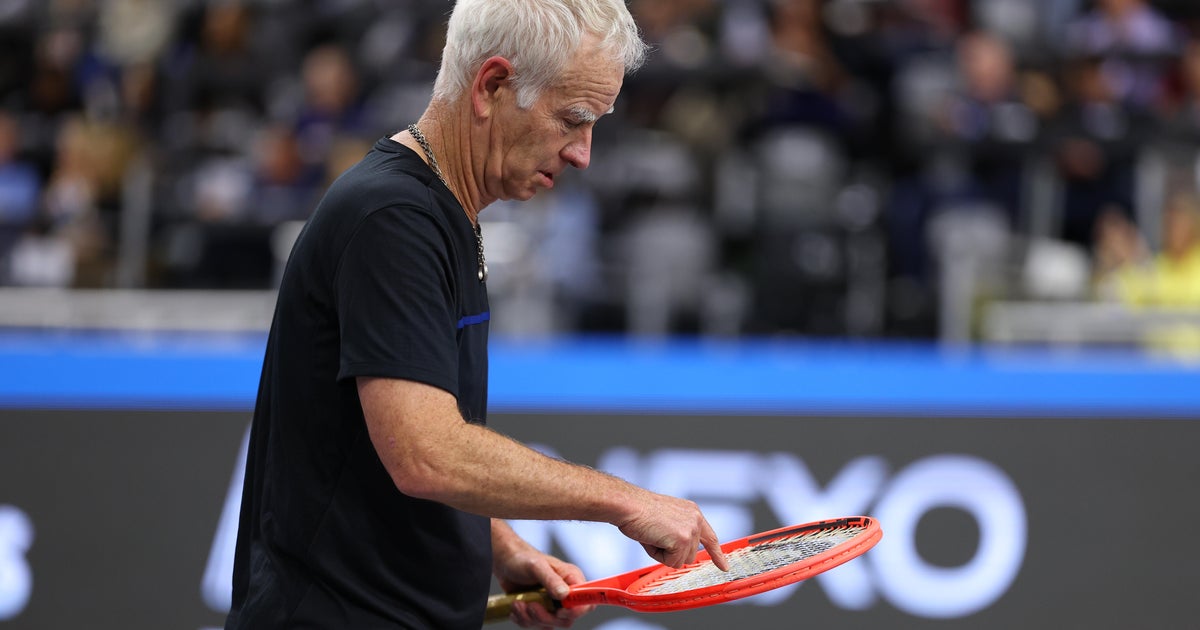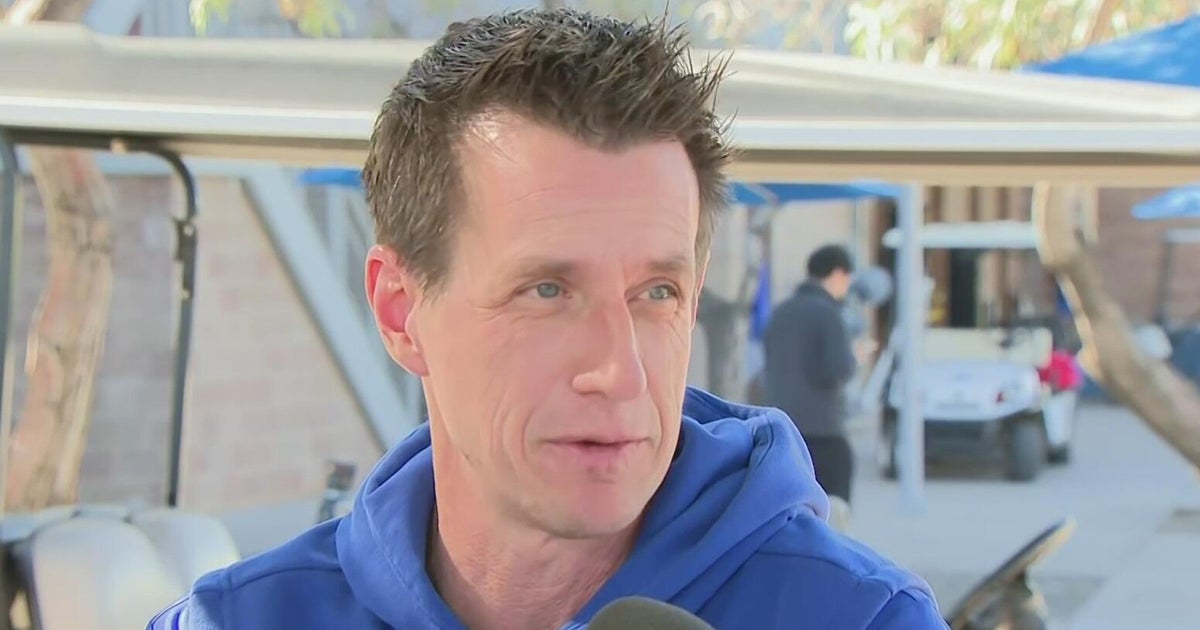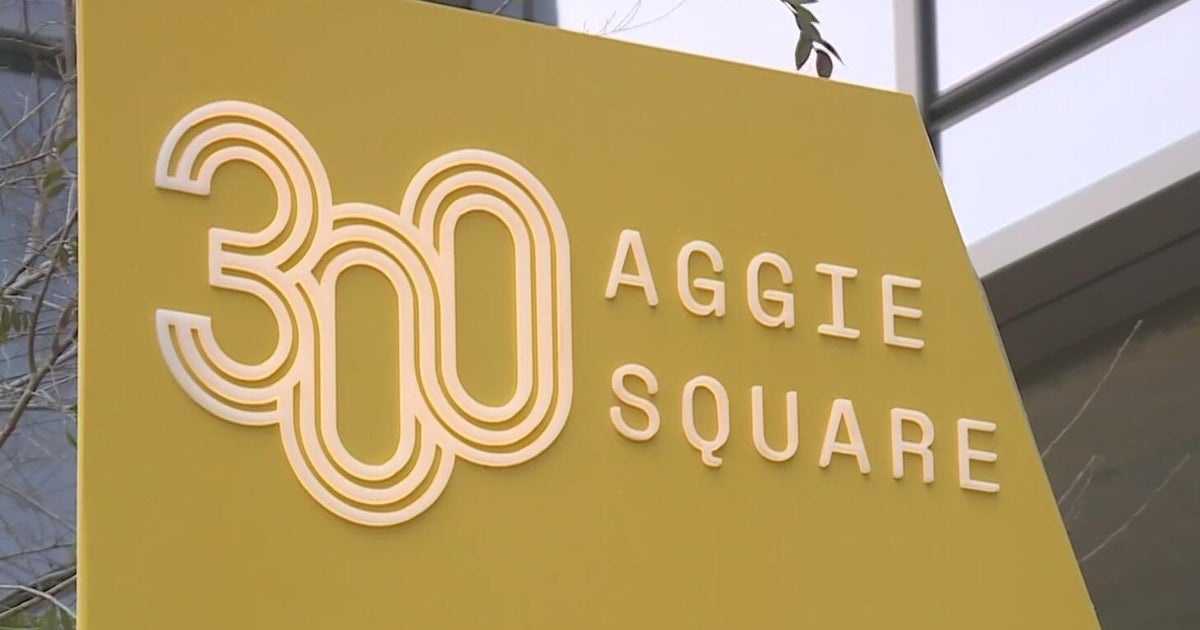Leaderboard: A Plan For Masters Success
Because of their elevated status among tournaments, major championships involve special considerations and preparations. The PGA Championship has the strongest field, the Open the most international and the US Open the most accessible. But the Masters is different from its siblings because it has the smallest field, with an annual venue, and it is the first major on the calendar. The latter two factors contribute to player plans and preparations.
Stream The Masters Live on CBSSports.com here
For some who find their way into the field at the very last moment, it can be a scramble, enjoyable as that may be, just to work out the logistics, much less the preparations. Russell Henley is a native Georgian, who has made three Masters starts, including a T21 in 2015. But until the end of play on Sunday at Houston, he had no Augusta travel plans on his itinerary.
Then again 10 birdies in your closing-round 65 and a three-shot win can send your team scrambling. "I started thinking about Augusta probably on like 16, 15 or 16, and I just -- I knew that anything could happen, but I couldn't help but think about it," he said afterward. "It excited me."
For those who have been in the Masters field for months, it is a dance to choreograph your schedule to be primed for the week at Augusta. The early part of the 2017 calendar is mapped to accommodate the need to stay sharp on Tour while avoiding the fatigue of too many consecutive times out.
Some like to leave the prior week vacant on their schedule, hoping to work on their game or, in a few instances, squeeze in a practice round before the galleries show up on Monday. Nicklaus made this practice famous. Tiger Woods stamped it into his routine. And Rory McIlroy and Jordan Spieth are employing it in 2017.
For others there is a desire to play your way into the event. History is not on their side. Sandy Lyle in 1988, after a win in Greensboro, and Phil Mickelson in 2005 after a win down I20 in Atlanta, are the only two since 1960 to don a green jacket this way. World #1 Dustin Johnson had penciled in a start in Houston early on his calendar. But three consecutive wins on Tour and the pressure that comes with that kind of success saw the Carolina native schedule a bye week. (Then again, the fact that his home state had two teams in the NCAA Final Four may have contributed.)
>>MORE: Leaderboard
The course itself is pretty much a given for those who have played there in the past. Very few tees are moved strategically during the week with the exception of the par-3 4th hole. The committee will set it up at least once to play at its brutal 240-yard back-tee location, but at least one day it will sit comfortably inside 200 yards.
Little has been changed about the course this year, with the anticipation of length to be added in the near future.
The tradition of this tournament dictates that veterans could tell you on Monday where most of the hole locations will be for Sunday's final round -- right front on #2, behind the bunker at #12, at the bottom of the slope on #16. Other majors may spend a year or two getting the course to where they want it when they host. But Augusta has had eight decades to turn the golf course into a version of a NASCAR entry that can be fine-tuned to change the personality on a nearly daily basis.
Rain this week would ordinarily mean soft conditions and reduced greens speeds if it were anywhere else. But years ago the National installed SubAir systems on all their greens and some other areas on the course. They can flip a switch and wick the moisture out of the greens or fairways, keeping the course setup close to the plans made leading into the event.
More than a few years back the club started mowing the fairways back toward the teeing grounds. By pushing the grain of the grass against the tee shots, the course plays longer than the yardage would indicate.
They haven't yet figured out a way to control the wind, but if it can be accomplished, it will be implemented first at the Masters. Players who have struggled or found success at Augusta National will tell you the tall pines that channel the players through their rounds and the severe elevation changes over 18 holes represent the greatest obstacles to knowing what shots to play.
>>MORE: The Masters: Expert Picks
In 80 editions of the Masters, only 50 players have won. And that stat suggests that while talent is the biggest factor in collecting the year's first major, knowing how to be prepared for the Masters can't be overlooked.
Dan Reardon has covered golf for radio station KMOX in St. Louis for 33 years. In that time, he has covered more than 100 events, including majors and other PGA, LPGA and Champions Tour tournaments. During his broadcast career, Reardon conducted one-on-one interviews with three dozen members of the World Golf of Fame. He has contributed to many publications over the years and co-authored the book Golf's Greatest Eighteen from Random House. Reardon served as Director of Media relations for LPGA events in both St. Louis and Chicago for 10 years.







